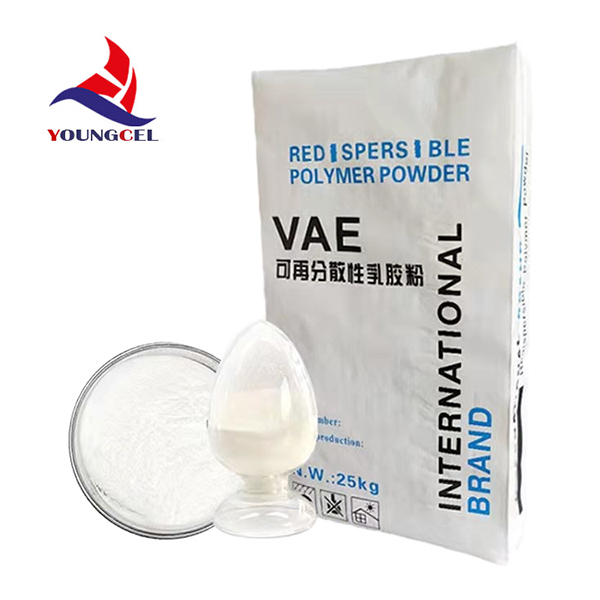Understanding Adhesives for Tile Installation
When it comes to home renovation or construction projects, choosing the right adhesive for tile installation is crucial. The adhesive used determines not just the durability of the tiles but also their aesthetic appeal and longevity. In this article, we will explore the different types of adhesives for tile, their applications, and tips for making the right choice.
Types of Tile Adhesives
1. Thin-Set Mortar This is the most commonly used adhesive for wall and floor tiles. Thin-set mortar is a cement-based product and comes in various formulations, including modified and unmodified types. Modified thin-set includes polymers that enhance adhesion and flexibility, making it ideal for areas prone to moisture, such as bathrooms and kitchens.
2. Mastic This adhesive is a premixed, organic adhesive made from latex and is suitable for wall tiles in low-moisture areas. While it's easy to use and provides a strong bond for lightweight tiles, mastic is not recommended for wet environments or heavy tiles, as it can break down over time.
3. Epoxy Adhesives Epoxy adhesives are highly durable and resistant to moisture, chemicals, and heat. They are ideal for high-traffic areas and for tiles that may be exposed to harsh conditions. However, mixing epoxy can be time-consuming, and the application requires skill; therefore, it may not be the best choice for DIY projects.
4. Pre-Mixed Adhesives These are ready-to-use products that often combine the features of mastic and thin-set mortar. They are convenient for small jobs and repairs and can be used for both wall and floor tiles. However, their performance may not match that of traditional thin-set mortars in terms of durability and moisture resistance.
Choosing the Right Adhesive
When selecting adhesive for your tile project, consider the following factors
- Tile Type Heavy tiles, such as porcelain or stone, may require a stronger adhesive
. For ceramic tiles, either thin-set or mastic may suffice based on the location.- Installation Area For wet areas like showers, pools, or kitchens, it’s crucial to choose a moisture-resistant adhesive. Modified thin-set or epoxy would be ideal in these situations.
adhesive for tile

- Substrate The surface on which tiles will be installed plays a significant role in adhesive selection. For example, cement backer board is compatible with a broader range of adhesives than drywall, which is best suited for mastic.
- Environmental Conditions If the installation location experiences extreme temperatures or humidity levels, select an adhesive that can accommodate such conditions. Modified thin-set mortars often come with additives that improve performance under varying temperatures.
Application Tips
To ensure a successful tile installation, follow these essential application tips
1. Surface Preparation Ensure that the surface is clean, dry, and level before applying the adhesive. Any debris or moisture can compromise the bond.
2. Right Tools Use proper tools, such as a notched trowel, to apply the adhesive evenly. The size of the notched trowel will depend on the size of the tiles being installed.
3. Follow Manufacturer Instructions Always refer to the manufacturer’s guidelines for mixing and applying adhesive. Each product may have specific instructions regarding curing times and environmental considerations.
4. Check for Coverage After setting the tiles, check that the adhesive covers enough area beneath each tile to ensure a solid bond. Insufficient coverage can lead to cracking or loosening over time.
Conclusion
Selecting the right adhesive for tile installation is a critical step that can impact the performance and longevity of the tiles. By understanding the various types of adhesives available and considering the specific requirements of your project, you can make an informed decision that leads to a successful installation. Whether you are a DIY enthusiast or a professional, taking the time to choose the best adhesive pays off in the long run.
-
Premium Detergent Grade HPMC Hydroxypropyl Methylcellulose: Superior Thickening & StabilityNewsAug.31,2025
-
HEC 100000 Hydroxyethylcellulose for Paint | Superior ThickeningNewsAug.30,2025
-
Wall Putty Rdp Powder Packaging DesignNewsAug.29,2025
-
Introduction to Hpmc Hydroxypropyl Methyl CellulosNewsAug.29,2025
-
Hpmc Industri Grade IntegrationNewsAug.29,2025
-
How to Choose the Right Construction AdhesiveNewsAug.29,2025




